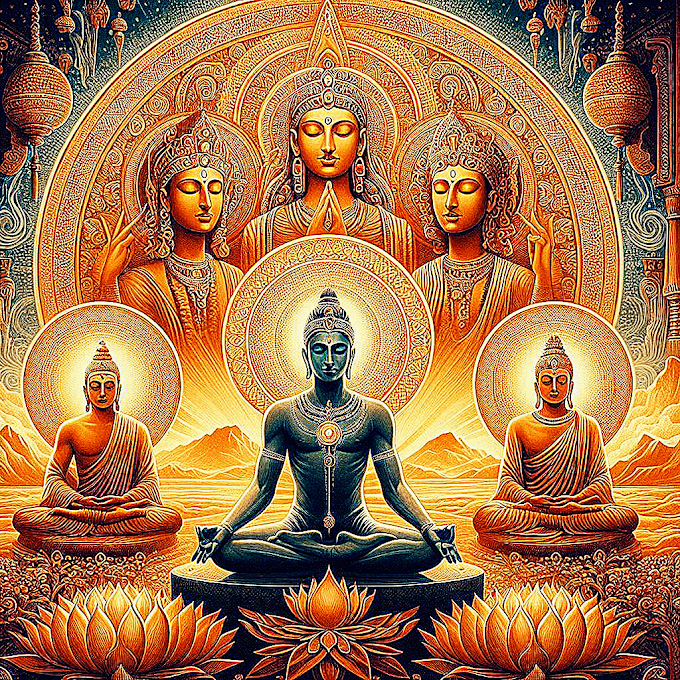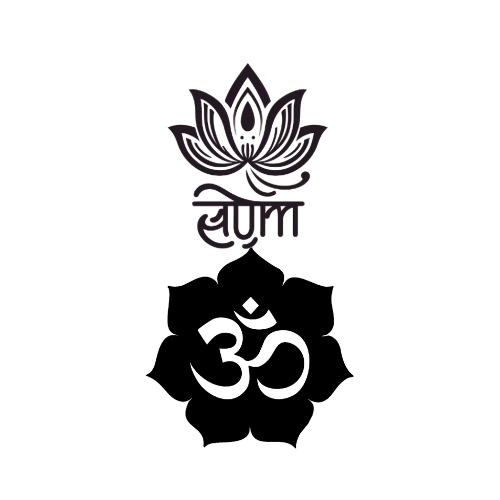In this article, I will provide a detailed overview of why we should do yoga, highlighting its importance as a key factor in the holistic development of human beings.
 |
| Why Should We Do Yoga? A Mind-Body Revolution |
That’s where Yoga (or Yoga, in its anglicized form) enters—not just as another fitness trend, but as a multi-dimensional practice that quietly rewires the way we live, breathe, think, and feel.
Whether you're a student buried in deadlines, a corporate warrior navigating burnout, or someone simply seeking balance amid the chaos—yoga isn’t a luxury, it’s a lifeline.
Physically: It’s Not Just Fitness, It’s Functional Freedom
Forget fitness fads. Yog gives you something far more vital—a body that listens, adapts, and supports you.
- Flexibility & balance (especially in adults 60+)
- Muscle strength through bodyweight resistance
- Posture correction by realigning spinal health
- Cardiovascular endurance via improved breathing patterns
- Pain relief, especially for lower back and arthritic conditions
Mentally & Emotionally: The Calm in Your Chaos
- Reduce anxiety and depression
- Enhance resilience to stress
- Improve sleep quality
- Rewire cognitive patterns for better focus and emotional clarity
Intellectually: From Information Overload to Inner Knowing
We live in an age of constant information but dwindling wisdom. Yog restores that balance.How?
By teaching you to listen—to your body’s cues, to your breath, to the moment. This heightened awareness, or interoception, sharpens decision-making, focus, and creativity.
Practices like Trataka (gazing meditation) or Dharana (concentration) enhance mental clarity. You'll notice fewer knee-jerk reactions and more thoughtful responses in daily life.Socially: The Ripple Effect of Inner Peace
What happens inside us doesn’t stay inside.As yog cultivates non-violence (ahimsa), compassion, and empathy, your interactions start changing—effortlessly.
You become more patient with your kids, more present with your partner, more grounded at work. You stop projecting pain and start radiating calm.
Communities built around yog, whether in a class or digital sangha, foster inclusion, healing, and belonging—a silent balm for a noisy world.
Spiritually: A Return to Your True Nature
Beneath all the roles you play—parent, boss, friend, achiever—there is you.Yog invites you to meet that Self, untouched by titles or time.
Through meditation, stillness, and inner inquiry, it reminds you:“You are not the waves—you are the ocean.”
This isn’t about religion. It’s about connection to the whole—a sacred merging of micro and macro, self and Source.
Modern Science Finally Catches Up
Today, yog is no longer viewed as “woo-woo.” It's in hospitals, rehab centres, schools, even the military.- Research-backed benefits include:
- Lower blood pressure & cortisol levels
- Increased immune response & anti-inflammatory effects
- Enhanced metabolic functioning
- Improved heart rate variability (HRV)
- Positive gene expression modulation
READ MORE: The Benefits of Yoga: A Journey Back to Wholeness
Everyday Benefits That Change Everything
- Wake up with more energy
- Sleep deeper and longer
- Less emotional reactivity
- A healthier relationship with food
- A body you trust—not just tolerate
- Greater self-acceptance
- Calm, even on a bad day
So, Why Should You Do Yog?
 |
| Why Should You Do Yog |
Final Thought: You Don’t Have to Believe in Yog. Just Begin
Start small. Breathe. Move. Listen.Your body already knows the way. Your mind will catch up.
Q1. Why should we do yoga in short answer?
Ans: Yoga helps you reconnect—with your breath, your body, and your inner self. It’s not just exercise; it’s a path to feeling balanced, whole, and alive.Whether you're seeking strength, clarity, peace, or presence, yoga meets you where you are—and gently guides you to where you’re meant to be.
Q2. What are the 5 main benefits of yoga?
Ans: Boosts physical strength, flexibility, and posture. Enhances mental clarity, emotional balance, and focus. Promotes inner peace, self-awareness, and holistic wellbeing.Q3. Why is yoga important to you?
Ans: To me, yoga is a remembering—a sacred pause where I reconnect with breath, body, and soul. It brings me home to myself, steady and whole in a world that often feels scattered.Q.4 Is yoga hard at first?
Ans: It can feel challenging at first—like learning a new language spoken through breath and movement. But with gentle practice, the body softens, the mind steadies, and the poses become portals to ease.Q5. How to explain yoga to a kid?
Ans: Yoga is like a fun game where you stretch, breathe, and feel calm—kind of like giving your body and mind a little hug. It helps you feel strong, happy, and ready for anything!
.png)






.png)
